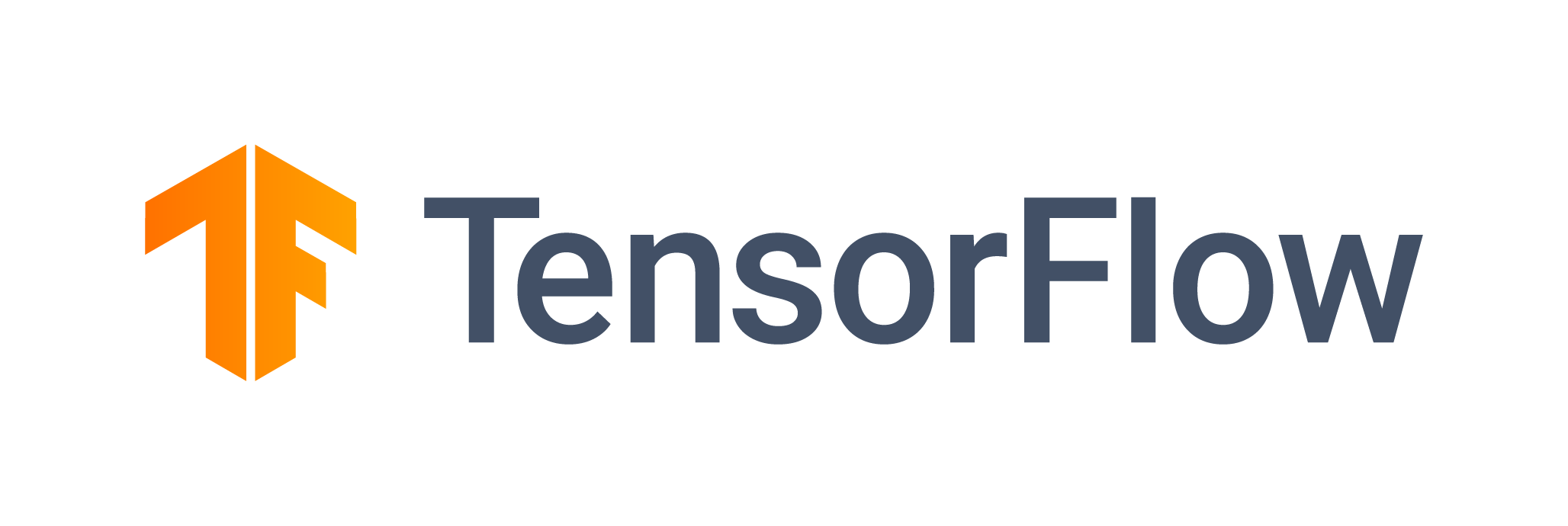Tensorflow with Go is a match made in heaven, considering the power and elegance of both projects. This is a reasonable assessment until you try the upstream Golang binding for more than running existing models.
The upstream Golang binding has many strong points but
- Tensorflow lists it as archived or unsupported
- even seemingly trivial code can cause direct or subtle errors
- coding with it requires plenty of boilerplate code and manual error checking
- delayed error reporting makes it harder than needed to find problems
- many operands for training non-trivial graphs are missing
- etc.
This experimental fork tries
- to remedy the most striking problems mentioned above
- to add convenience that is only available with tensorflow's python binding now
- to allow running as "close to the metal" as desired
- auto-naming of graph operators reduces name conflicts and the need for sub-scopes drastically
- auto-naming of var-handles avoids the default behaviour of var-handles sharing the same variable
- problems when building graphs are reported directly now
- the new method Operator.AttrMap() allows a much more generic way to manipulate graphs
- the code has become sufficiently self-standing and could live outside a full tensorflow repository
- the go package has proper go module support
- many more operators are available to users of the go package
- function nodes are supported now and allow e.g. op.While nodes for low-overhead training
The API documentation of the packages can be read online at go.pkg.dev. Please see
- Tensorflow API: https://pkg.go.dev/github.com/hdu-hh/tensorflow/tensorflow/go
- Operations API: https://pkg.go.dev/github.com/hdu-hh/tensorflow/tensorflow/go/op
The Tensorflow site and its Github repository are great resources. Please see them for all aspects that are not directly related to this friendly fork.
This experimental fork focusses on the Golang binding and so it just provides the Go packages. It depends on an installed tensorflow library though. The official upstream library builds are the best source of it. Please see the TensorFlow install guide for the CPU or GPU library for more details.
To get started and the Go packages of this fork installed and into action
write e.g. the lines below into a Go source file and go run it:
import (
"fmt"
tf "github.com/hdu-hh/tensorflow/tensorflow/go"
"github.com/hdu-hh/tensorflow/tensorflow/go/op"
)
func main() {
var (
s = op.NewScope()
t1, _ = tf.NewTensor("hello ")
t2, _ = tf.NewTensor("world")
c1 = op.Const(s, t1)
c2 = op.Const(s, t2)
both = op.Add(s, c1, c2)
g, _ = s.Finalize()
sess, _ = tf.NewSession(g, nil)
f, _ = sess.Run(nil, []tf.Output{both}, nil)
)
fmt.Println(f[0].Value())
}It looks a bit awkward even though error handling was skipped for readability. But the experimental fork works on making it much simpler. E.g. in the near future something like this may work:
func main() {
var (
g = tf.NewGraph()
both = g.Const("hello ").Add("world")
f, _ = g.Run(nil, both)
)
fmt.Println(f[0].Value())
}The library and the binding interact strongly but through clean interfaces. In the experimental fork the strong source code dependencies have been removed, so splitting the Golang binding off into a separate project has become feasible. This would also reduce the size of the Golang packages considerably.
On the other hand there is no urgency for that and keeping up with upstream and eventual merge requests into upstream is much simpler.
Does it work with Tensorboard?
Working with Tensorboard for the graph aspects and a modern Go dev environment for the code is just an awesome combination. Tensorflow summary operators are the key for this interaction. They already work, but it is not as easy or comfortable as it could be. It is planned to make it so.
